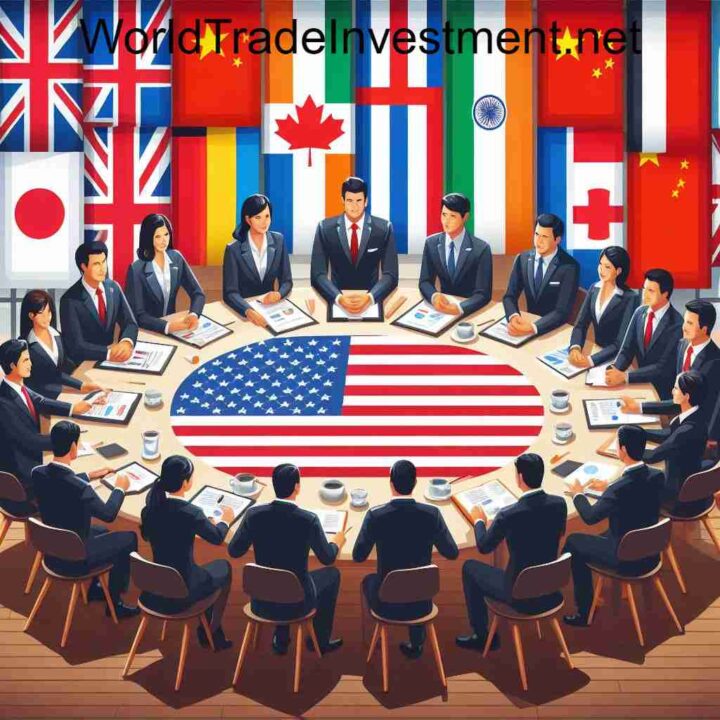
German project developer Conjuncta has signed a memorandum of understanding (MoU) with the government of Mauritania, Egypt’s Infinity Power and UAE-based Masdar to develop a $34bn green hydrogen plant near the Mauritanian capital, Nouakchott.
The project, which will be developed over four phases, is expected to have an electrolyser capacity of up to 10 gigawatts (GW). Upon completion, this will make the plant capable of producing up to eight million tons of green hydrogen or other non-biological renewable fuels per year. The first phase will have 400 megawatts of capacity and is expected to be operational by 2028.
Peter Wennick, the CEO of microchip machine maker ASML, has said that the company has had to shield itself from intellectual property (IP) theft more intensely than ever before, as China strives to develop its own homegrown semiconductor industry.
In an interview with the Financial Times this week, Mr Wennick said that increased efforts by the US to restrict exports of the most advanced semiconductors and chipmaking equipment to China has led the company to heighten its security efforts.
“Is it going to be easy [for China to develop its own chipmaking equipment]?”, Mr Wennick said to the FT. “Absolutely not. Do we have to be highly sensitised on knowhow leakage, on IP leakage? More than ever before.”
The Dutch government said this week that it would impose export restrictions on the “most advanced” semiconductor technology. This was the first public announcement of a deal struck by the Netherlands and Japan, with the US to limit sales of chips to China.




